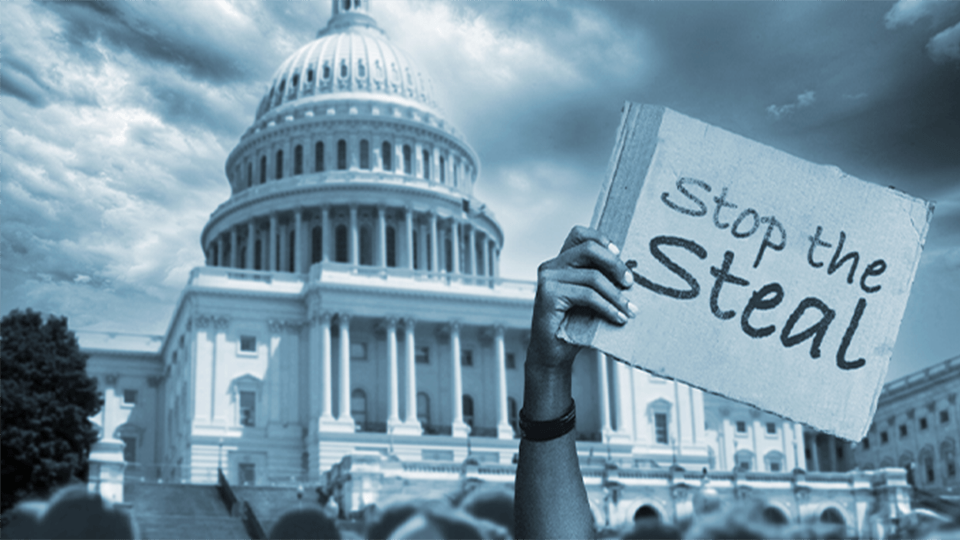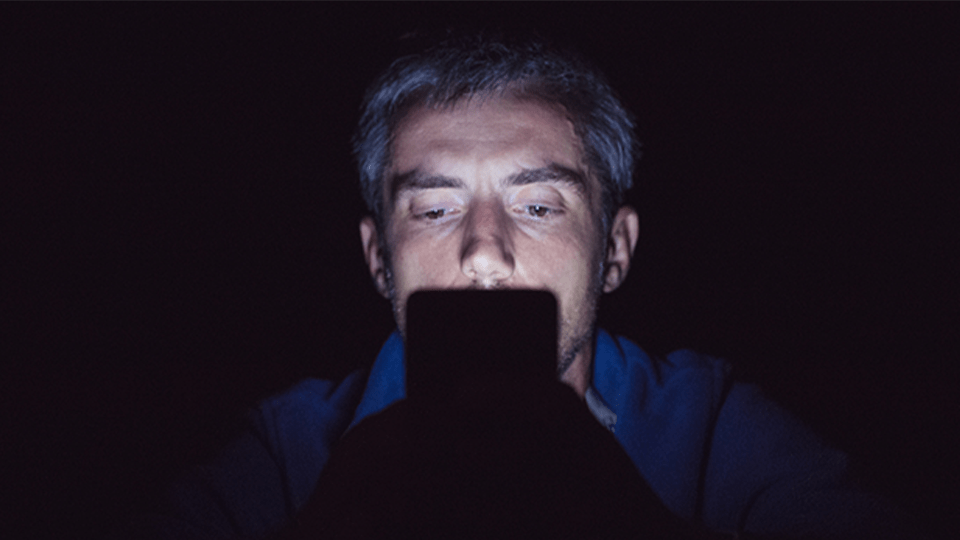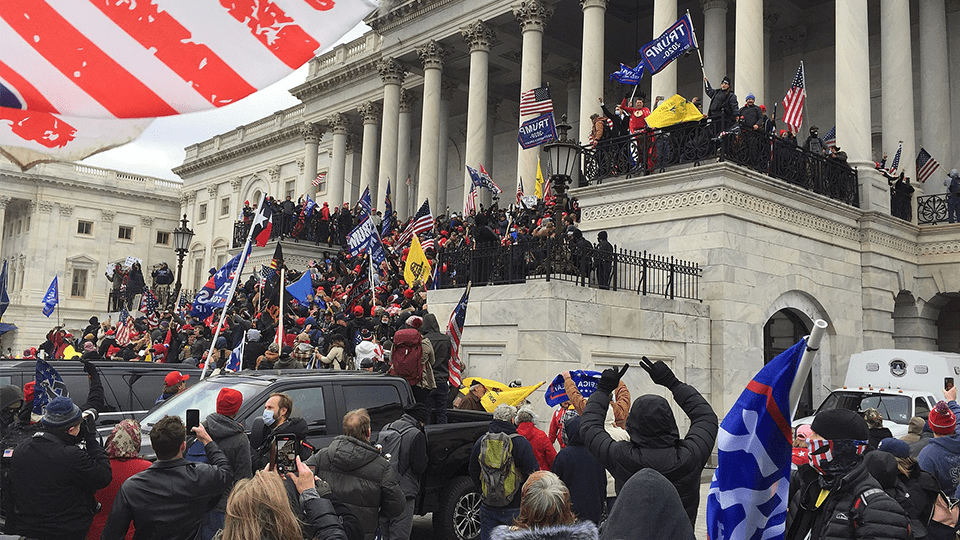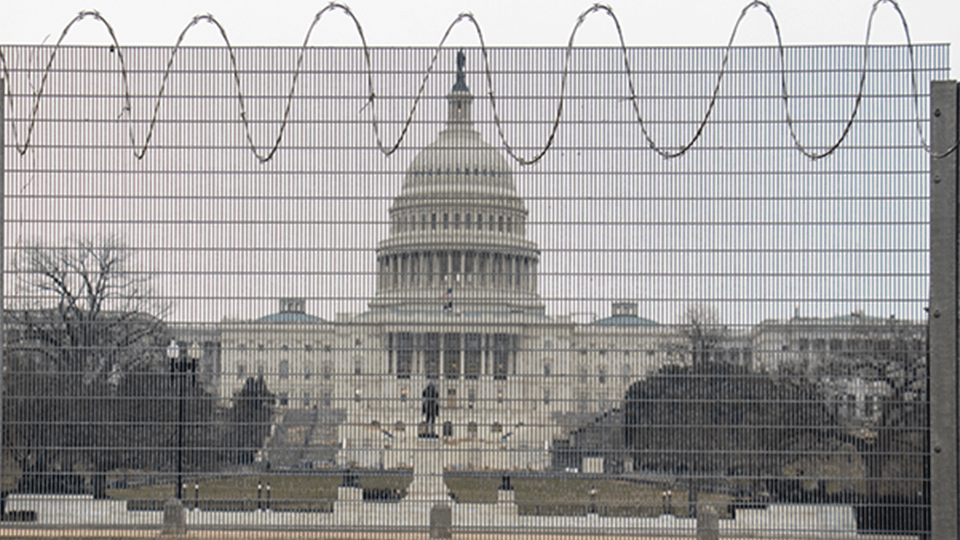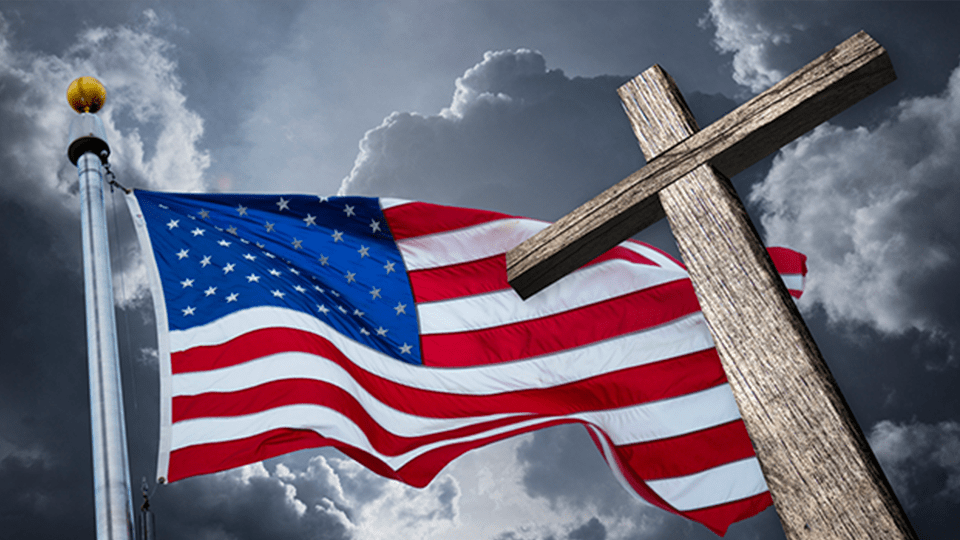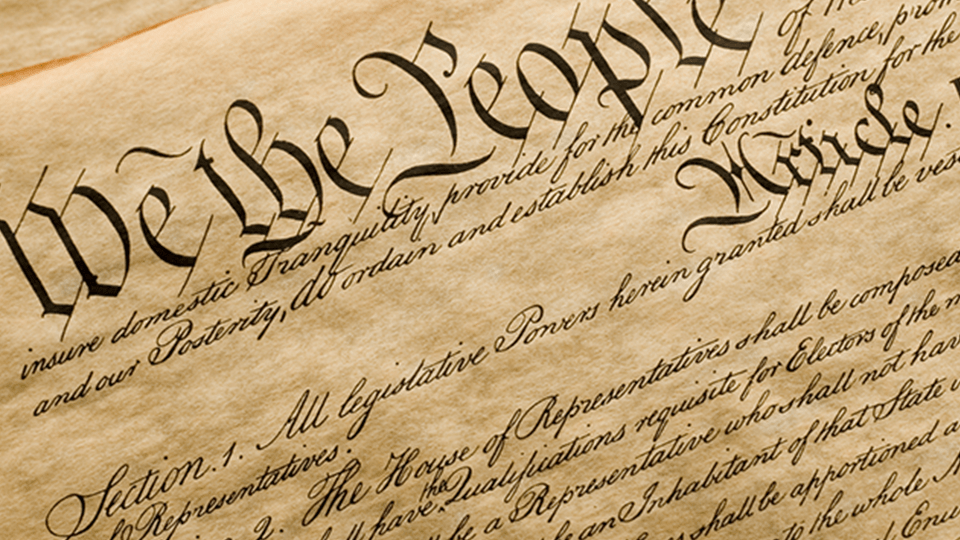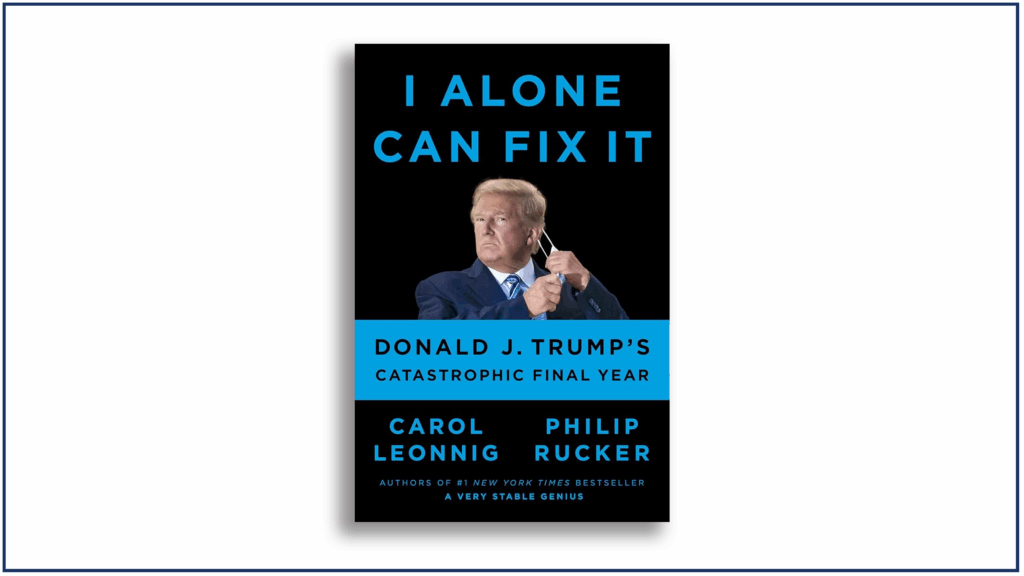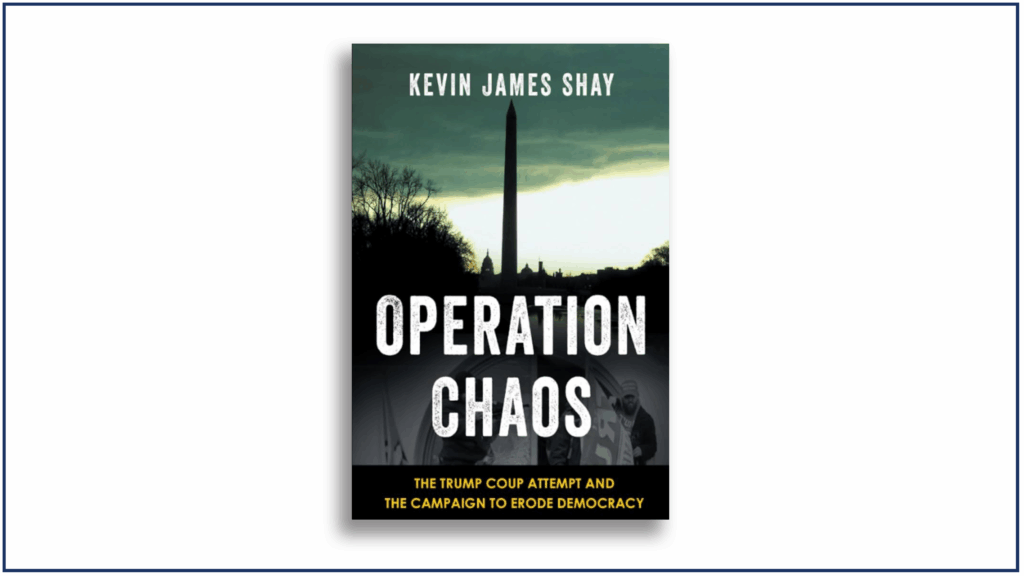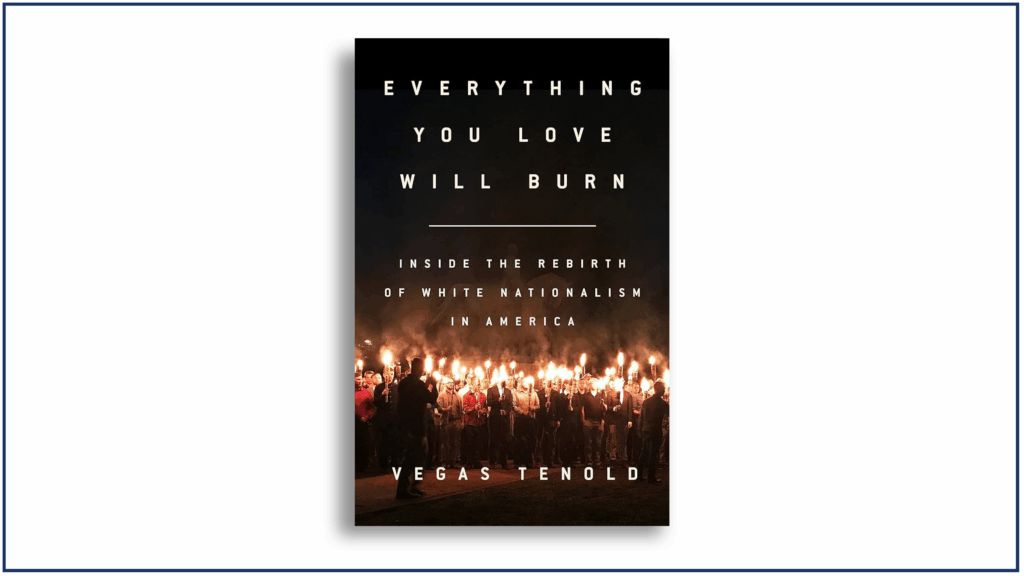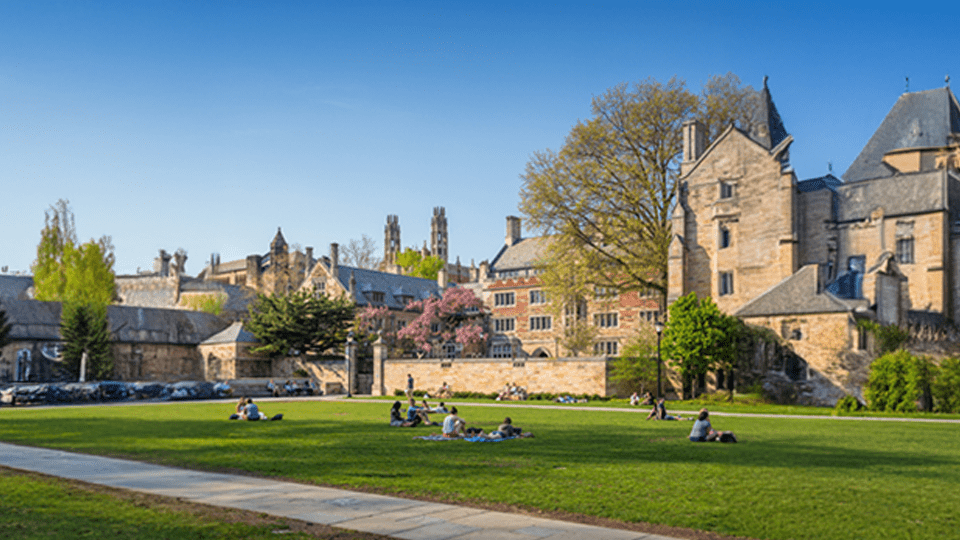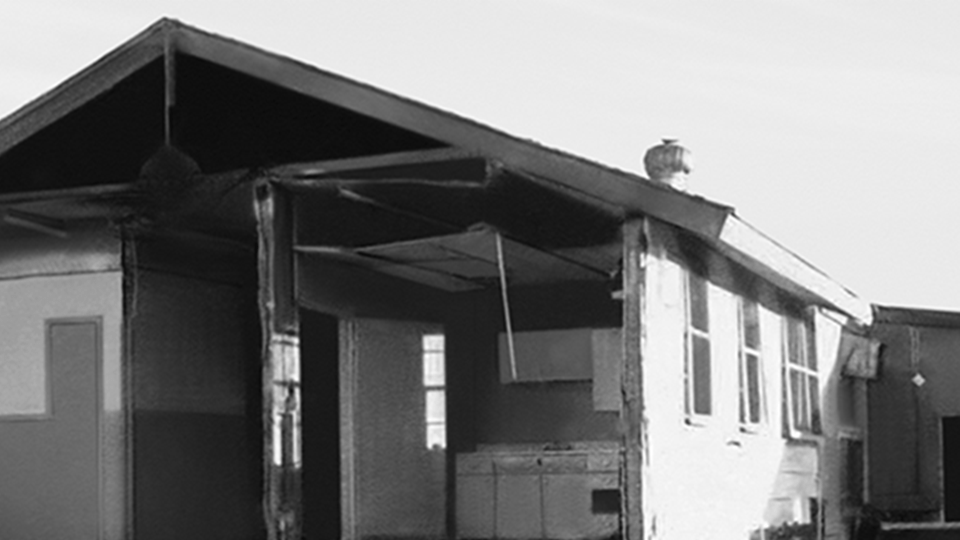Volume 11, Issue 1
Introductory Essay | Civic Engagement in an Era of Divisive Politics and Civil Unrest
On January 6, 2021, a joint session of the U.S. Congress met to certify the electoral votes from the 50 ...
EJOPA 11.1 | From the Editor
This editorial is my final one for the eJournal of Public Affairs, having announced my retirement as of March 1, ...
Democratic Isolation, Thin Citizenship, and Insurrection: A Theory
Abstract Citizens are deeply cynical of the institutions and practice of representative democracy, resulting in increased isolation and extremism rather ...
A Democratic Norm Endures January 6th: Congress and Deference to States’ Election Certifications
Abstract The U.S. Congress rarely overturns elections to either of its chambers. Legislators tend to follow a norm of deference ...
Performing Toxic Masculinity During the January 6th Insurrection
Abstract This article examines the events of the January 6th attack on the U.S. Capitol through the theoretical lens of ...
The Temple of Liberty as Fort Knox: The Securitization of Democratic Space in the U.S. Capitol
Abstract In response to security threats in the late 1990s and early 2000s, the U.S. Capitol was made less accessible ...
Framing an Insurrection: A Typology of Responses by Evangelical Leaders
Abstract As the January 6th insurrection unfolded, religious leaders who had supported Donald Trump were set on a behavioral process ...
Promoting Critical Reasoning: Civic Engagement in an Era of Divisive Politics and Civil Unrest
Abstract In this article, the authors advocate that civic engagement education must focus on antiracism, anti-extremism, and digital literacy in ...
Bent but Not Broken: The Constitutional, Legal, and Procedural Issues in the 2020 Electoral College Vote Certification
Abstract After the raw votes in the 2016 U.S. presidential election were tallied and showed Donald Trump to be the ...
Book Review: I Alone Can Fix It: Donald J. Trump’s Catastrophic Final Year, by Carol Leonnig and Philip Rucker
Discussed in this review: I Alone can Fix It: Donald J. Trump’s Catastrophic Final Year. By Carol Leonnig and Philip ...
Book Review: Operation Chaos: The Trump Coup Attempt and the Campaign to Erode Democracy, by Kevin James Shay
Discussed in this review: Operation Chaos: The Trump Coup Attempt and the Campaign to Erode Democracy. By Kevin James Shay ...
Book Review: Everything You Love Will Burn: Inside the Rebirth of White Nationalism in America, by Vegas Tenold
Discussed in this review: Everything You Love Will Burn: Inside the Rebirth of White Nationalism in America. By Vegas Tenold ...
Book Review: How Spaces Become Places: Place Makers Tell Their Stories, Edited by John F. Forester
Discussed in this review: How Spaces Become Places: Place Makers Tell Their Stories. Edited by John F. Forester. New Village ...
Promoting Civic and Community-Based Teaching Practices: An Exploratory Study of Collaborations Between Faculty Development
Abstract The study discussed in this article explored collaborative efforts between faculty development centers and civic and community engagement centers ...
The Praxis of Realizing Election Imperatives in Trump’s America
Abstract American democracy and higher education were not developed under—nor are they guided by—the principle of equality for all. However, ...
The Commonwealth of Kentucky Takes an Important Step in Protecting Democracy
Abstract In this editorial, Northern Kentucky University’s president celebrates Kentucky’s new bipartisan voting rights bill. Signed into law in April ...
Vaccine Hesitancy and the Apocalypse.
Abstract Some forms of vaccine hesitancy have their roots in religious beliefs about future apocalyptic events. Such beliefs engender fear ...
